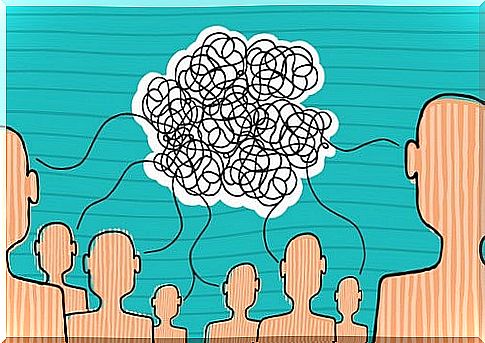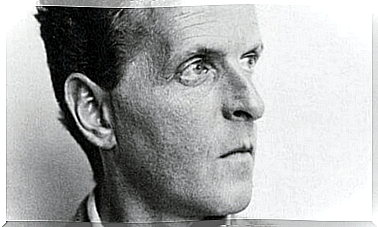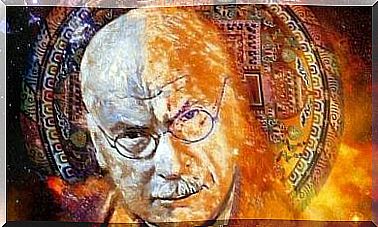Many Opinions, But What Knowledge?

New Information and Communication Technologies (NTIC) have become an integral part of our life. They have revolutionized our education and the way we learn. Today we can say that the internet is a universe in itself which, together with various devices, such as tablets, smartphones and social networks, modifies and influences our opinions.
The so-called “knowledge society” could indicate exactly the correct use of the vast and infinite information offered by the internet. The aforementioned technology should allow us to express ourselves better, but above all, to shape more solid opinions and reach high intellectual levels.

We all have the right to express our opinions, even if they are noisy and based on petty information
The philosopher and writer Umberto Eco harshly criticized the so-called “society of ignorance”. In one of his latest books, Pape Satàn Aleppe, has collected a selection of articles he has written on topics such as society, the internet and the future of education and writing.
An analysis of the current context, from the point of view of the facts themselves and the behavior of the protagonists, of news, television programs and political issues, all in a humorous and sarcastic tone:
The subtle, big difference between opinion and knowledge
There are many experts who have reflected on these two apparently similar concepts, but in reality profoundly different. This is because, although an opinion derives from valid, well-established knowledge, they are certainly two terms in their own right. Thus, we appeal to the great classical philosophers, from Plato to Kierkegaard, who would have marked contemporary thought with his ideas.
On the one hand, Plato already distinguished between opinion and knowledge in La Repubblica , in the context of a just society or city. According to Plato, those who delight in and enjoy superficiality – like colors and figures – do not have access to true knowledge.
Conversely, the man who is capable of observing these forms or figures and transforming them into ideas, comes to know the context in which they participate.
Kirkegaard: opinions according to existentialist thinking
For his part, the great 19th century thinker Soren Kierkegaard, in a text dedicated to the journey of life, affirms that the only means of acquiring knowledge is silence. Here the philosopher argues that it is first of all necessary to listen, pay attention and not get distracted, and then deepen the thought without expressing opinions.
Although centuries of history and thought separate us, these thinkers have very well described the current condition of what we now mean by the society of opinion. Although truth, in some cases, may be relative, in the end knowledge is absolute and cannot be diminished, so we tend to defend opinions and individual expression above all pure knowledge.

“The less I talk, the more I keep the silence I need to listen to those who know”
In recent years, the need to give a voice especially to those who have more knowledge has been discussed on numerous occasions. Their training allows them to better express their opinions, the only way to build a more just society and achieve greater collective well-being.
The era of ignorance, as Professor Charles Simic states in an article published in 2012 in the New York Review, defines our current society.
After reflecting on the fact that the population had believed that Obama was Muslim, he concludes by stating that we are facing a “rebellion of opaque minds against intelligence” and that “stupidity is one of the great forces of history”.








